Content
Fall 2025
All new first-year students in the University Honors Program take one 189H seminar in the fall semester of their first year at UNL. These are extremely popular and students often reference these as among their favorite classes at UNL! All seminars are taught by excellent faculty who are passionate about Honors education. All seminars are offered via an in-person format.
The 189H seminars all meet different ACE (general education) requirements. Before your NSE advising appointment, please review the following course descriptions and identify several that interest you. You and your advisor will discuss which seminars and ACE courses are most appropriate for your degree plan.
ACE 4: Natural and Physical Sciences
189H
Armageddon or Cli-Fi? Climate Change and the Future of Life on Earth
Professor John DeLong
TR 3:30-4:45 | Knoll
ACE 4
Greenhouse gasses generated by human activity are causing an increased frequency of extreme weather events, record-hot summers, and melting glaciers. The problem has seeped into our collective imaginations, generating numerous apocalyptic visions of the future and a widely felt climate anxiety. Yet, the effect of climate change on life on Earth represents an enormous opportunity to understand nature in an integrative way. Heat, water, and other physical features of the environment have broad effects on physiology, and these effects ‘scale up’ to impacts on organisms, populations, communities, and even whole biomes.
In this course, we will strive to connect the dots and follow the likely trails of effect from adding CO2 to the atmosphere to changes in natural phenomena. We will map out a logical flow of consequences and investigate the evidence for steps along the trail. We will then integrate across effects to make educated guesses about complex but critical climate impacts on things that many people care about, like coral reefs, polar bears, and coffee, and things we worry about, like malaria and growing food.
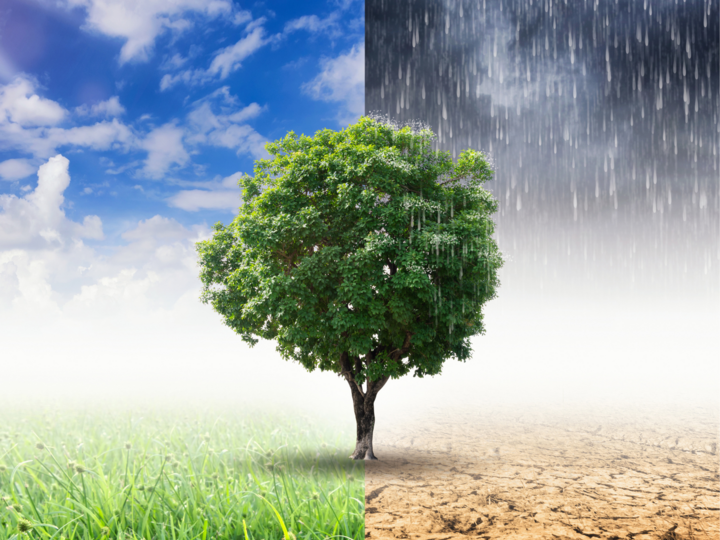
189H
Conversations on Conservation: Ecology, Nature, and Wildlife
Professor Mark Vrtiska
MWF 11:30-12:20 | Knoll
ACE 4
Our natural world is changing, and current students will be the ones that will have to make some difficult decisions in regards to those changes. This course examines some basic concepts of ecology and natural processes that affect us all, as well as information about basic wildlife ecology, conservation and management. This course also examines various topics in natural resource conservation that currently are, and will continue, to effect people at local, regional, and national/international scales. This course will explore how individuals may become engaged in wildlife and natural resource conservation. The overall objective of the course is to bring awareness of the natural world we live in to students and initiate their thinking about wildlife and natural conservation and sustainability that affect their future.

189H
Food Systems, Diets, and Climate Change
Professor Herbeto Cerutti
TR 12:30-1:45 | Beadle
ACE 4
Providing a growing global population with healthy diets based on sustainable food production systems is one of the greatest challenges of the 21st century. Choices made by producers (e.g., technologies and agricultural practices), market agents (e.g., transport, storage, processing and selling of food) and consumers (e.g., dietary patterns) depend on multiple factors and have major impacts on society and our planet. In this course, we will explore current food systems (e.g., global production, processing, trade, consumption and waste), their driving trends (e.g., population growth, income, dietary habits, globalization) and impacts (e.g., human health, food security, climate change) as well as the challenges of redesigning food systems. The course will rely on reading and critically evaluating, using the principles of the scientific method, research papers and reports from academic groups, non-profit organizations and government agencies. Group projects will focus on specific case studies such as plant-based burgers, AquAdvantage salmon, Artic apple and fortified foods.

ACE 5: Humanities
189H
Freedom of Expression in Contentious Times
Professor Michael Park
TR 11:00-12:15 | Knoll
ACE 5
The course examines the history of freedom of expression in the United States and how the extent of that freedom may change for specific situations. Some of the situations we will examine are high schools, national security situations, surveillance, free press-fair trial, campaign finance, the internet, hate speech, defamation and invasion of privacy. The course will examine the way expression has affected equality for women and people of color in the United States’ diverse society. Evaluating freedom of expression requires recognizing the tension between competing individual rights or between the rights of individuals and the common good. That tension is something we face almost every day.

189H
History on the Shelves: 20th Century History in American Novels
Professor Scott Stempson
MWF 10:30-11:20 | Andrews
ACE 5
In this course we will examine American history from the beginning of the 20th Century through (at least) the Civil Rights movement of the 50s and 60s. We will compare/contrast the American culture portrayed in the novels to what was actually going on during the period in which the novel takes place. Students will be expected to read/discuss 5-6 novels. Included in the reading list will be "The Great Gatsby" by F. Scott Fitzgerald; "The Grapes of Wrath" by John Steinbeck; and "To Kill a Mockingbird" by Harper Lee.

189H
Immigration and Culinary Culture in World Literatures
Professor Adrian Wisnicki
MWF 9:30-10:20 | Andrews
ACE 5
This course brings together a series of novels from around the world to explore a central question: How do contemporary authors use the related representations of immigration and culinary culture as a way of engaging themes like family, belonging, cultural exchange and adaptation, and individual and collective cultural identity? The course activities and assessment methods including collaborative analysis, group discussion, in-class writing, portfolios, oral presentations, and a final exam will challenge you to explore the course texts in detail while developing various abstract, intertextual and transcultural connections. Our course also includes extra-credit activities that will give you an opportunity to sample some of the multicultural cuisine found in Lincoln.

189H
Literature and Fantasy
Professor Guy Reynolds
TR 9:30-10:45 | Andrews
ACE 5
This course introduces students to the academic study of fantasy literature, and to the role that fantasy plays in culture and in thinking about culture. We will be looking at classic works such as Tolkien’s The Lord of the Rings and Meryn Peake’s Gormenghast novels, to begin with, and then moving on to authors such as Ursula K. Le Guin, Marlon James and China Mieville. Classes will include discussions of George R. Martin’s A Song of Fire and Ice series (and its adaptation as Game of Thrones), alongside the Wakanda graphic novel.
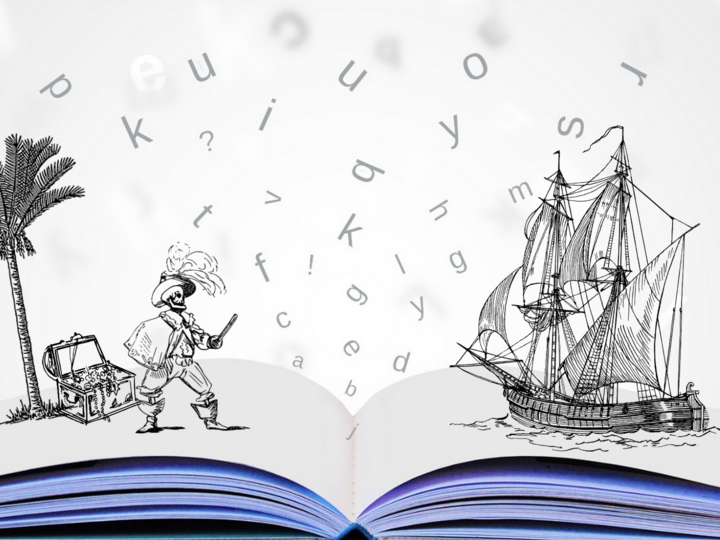
189H
Literature in Times of Crisis
Professor Kevin McMullen
TR 3:30-4:45 | Andrews
ACE 5
This course will explore the ways that literature has, throughout history, been used to respond to, process, and come to terms with various "crises," broadly defined: personal, political, psychological, military, spiritual, environmental, etc. Reading texts from a range of genres, time periods, and places—from Walt Whitman’s on-the-spot reports of the American Civil War to Toni Morrison’s probing investigation of the traumas of slavery; from the ancient Greek poet Sappho’s poems of heartbreak to Philip Roth’s heartbreaking (yet hilarious) take on the decline and death of his father; from Emily Dickinson’s poetic grappling with crises of the psyche to the Turkish poet Nazim Hikmet’s works about his political persecution; and more—we will talk about why and how people often turn to writing in life’s most difficult moments.
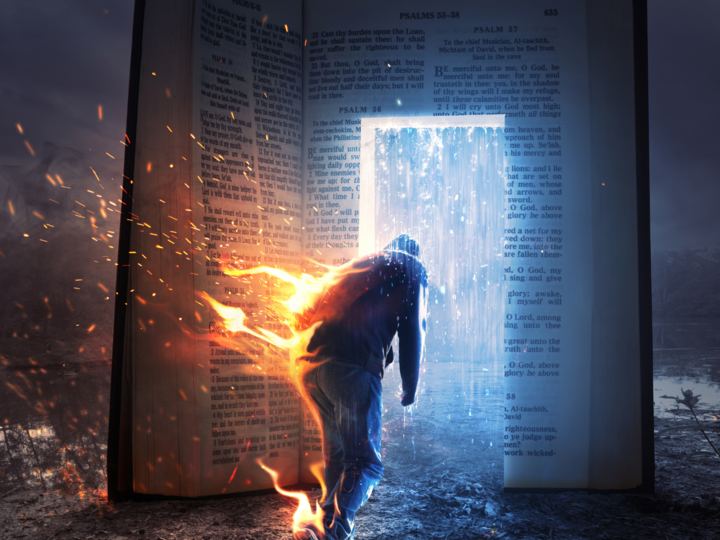
189H
Nobel Prize Winning Literature
Professor Caterina Bernardini
MWF 9:30-10:20 | Andrews
ACE 5
We will read a selection of works, in different genres, by international writers who, in the last ten years, have been awarded one of the most prestigious literary prizes in the world, the Nobel Prize for Literature. We will compare these writers' styles, themes, stakes, and cultural backgrounds, considering how they may differ but also how they may connect with each other, and how their works can offer us important tools to read, understand, and interrogate our times. We will discuss the history and nature (including the awarding criteria and justification) of the Nobel Prize for Literature itself, learning about the critical debates that have surrounded it and the effects that it has produced on the global literary landscape. We will also read and discuss a sample of work authored by the new winner, who will be announced in October 2025.

ACE 6: Social Sciences
189H
Battlespace Geography
Professor Jim Benes
MWF 11:30-12:20 | Knoll
ACE 6
Geography is the ultimate “X” factor when making calculations for battle. In this course, students will learn about various geographic elements for consideration in battlespace planning. We will learn about historical events like the D-Day invasion that were shaped by weather, soils, topography, ocean currents, vegetation, and more. Human cultural elements of geography are also considered and analyzed. We’ll also consider future scenarios to consider as the climate shifts and complex spatial dynamics change along with migration and adjustments in geopolitical power competitions. Also, students will engage in teams for an outdoor learning analysis of UNL campus landscape factors in battlespace planning using the skills they learned during the semester.
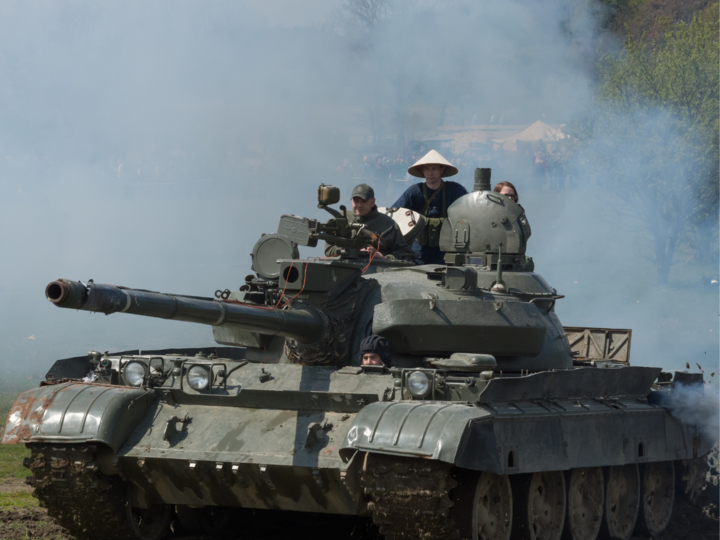
189H
Physical Geography in Disaster Movies: The Good, The Bad, and the Ugly
Professor Mike Shambaugh-Miller
MWF 12:30-1:20 | Knoll
ACE 6
Fictional stories about disaster and apocalypse offer a robust opportunity to explore key issues in the field of geography – from physical geography to human geography. In this class, we will look at key representations of geography from popular disaster and apocalypse films to gain a deeper understanding of the landscape(s) we inhabit and the complexities of global change.
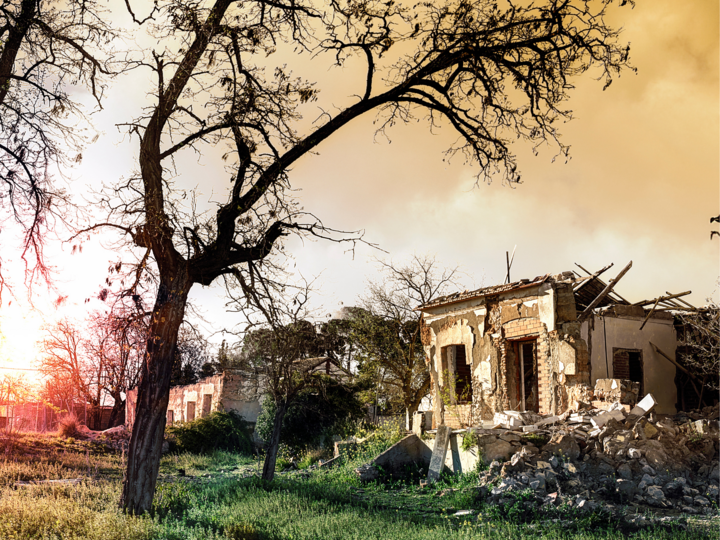
189H
How to Become Creative or Talented: Humans, AI, and Creativity
Professor Kim Marxhausen
MWF 8:30-9:20 | Knoll
ACE 6
Both humans and artificial intelligence tools learn, but who wins the intelligence race? This seminar class will use psychology and creativity research, activities, and discussion to understand how humans fine-tune learning and creativity to develop expertise. This field of study offers implications for self-growth and the future of education. Have we reached a point where AI can do our work for us? Maybe, but how will it impact creativity and talent?

189H
The Many Faces of Freedom
Professor Tyler White
MWF 11:30-12:20 | Knoll
ACE 6
What does it mean to be free—and who gets to decide? From revolutionaries storming the Bastille to activists resisting modern authoritarianism, the quest for freedom has shaped our world. In this course, we’ll dive into the evolving meanings of freedom—from the Enlightenment thinkers of the American and French Revolutions to today’s global movements. Together, we’ll examine how political philosophers, freedom fighters, and everyday people have defined, defended, and at times denied freedom. Through active learning and real-world case studies, you’ll step into the shoes of leaders making hard choices—balancing ideals with reality in the fight for liberty. By the end, you'll be equipped to think critically about what freedom means in the 21st century—and what it will take to protect it.

189H
The Many Faces of Tyranny
Professor Don Beahm
TR 12:30-1:45 | Knoll
TR 2:00-3:15 | Knoll
ACE 6
History is full of tyrannical leaders, such as Adolf Hitler, Joseph Stalin, Benito Mussolini, Josip Broz Tito, Mao Zedong, many of whom gained power before the full scope of their intentions were clear. As active citizens, we have an obligation to work to avoid repeating the mistakes of the past. This course is an analysis and evaluation of the subject of tyranny from multiple points of view. Students will read, discuss, view videos and write about what some of the foremost authorities have had to say about the topic. We will learn from political theorists as ancient as Plato, to Hannah Arendt’s examination of the development of totalitarianism in Nazi Germany, on through to contemporary views of what tyranny is, and how it manifests itself in governments, societies, and individuals.
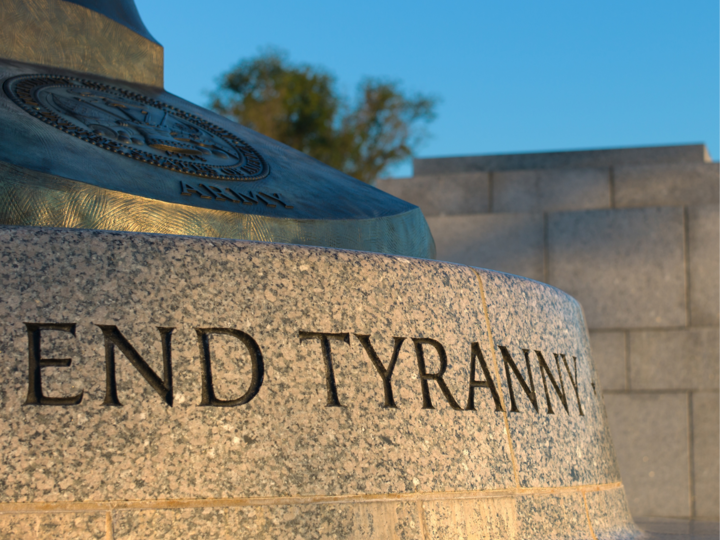
189H
Mindful Methods: Mental Health in the Modern World
Professor Ishrat Kamal-Ahmed
MWF 8:30-9:20 | Knoll
MWF 9:30-10:20 | Knoll
ACE 6
This course introduces you to the study of mental health from an epidemiological and social science perspective, with a focus on population-level patterns rather than individual clinical issues. You will gain foundational knowledge in mental health trends and disparities, apply theories, evaluate research using statistical and observational methods, and explore how current events and structural forces, such as systemic barriers, politics and policies, addiction crisis, community violence, pandemics, social media and many other external factors, shape our collective mental health. You will get into action by engaging in interactive projects and apply evidence-based strategies and innovative solutions to address these challenges.

189H
The Neuroscience of Zombies
Professor Jacquelyn Omelian
MWF 10:30-11:20 | Knoll
ACE 6
We all know that zombies aren’t real… right? But what about a parasite that makes mice lose their fear of cats and end up as lunch? Or a virus that makes people terrified of a glass of water? In this class, we’ll sort the fact from the fiction and explore the wonderfully weird world of the brain. Using cases of both real and fictional disorders, we will explore the ways in which the typical brain functions. Along the way we will cover common neuroscience methodologies, important historical contributions, and relevant current theories. By the end of this course you will have developed a broad understanding of the field of neuroscience and be well prepared to repel a zombie apocalypse, should one occur.
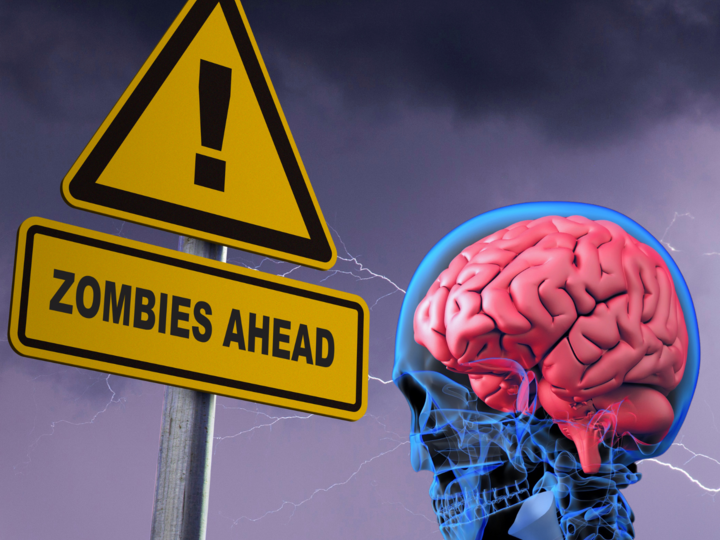
ACE 7: Fine Arts
189H
The Art of the Memoir
Professor Katie Marya
TR 9:30-10:45 | Andrews
ACE 7
The word memoir means a written record of one’s memory. In this introductory course about how to write memoir—now sometimes called creative nonfiction or new journalism—we will study the genre’s history, analyze the style of other writers, and draft our own original short non-fiction pieces to share. Part of our writing practice will include a movement element, meaning you should expect to move every time we meet. These gentle exercises, designed for all bodies, are intended to help us access the stories we carry and think critically about how we shape them into language. The poet Stephen Dunn, evoking dance and movement, says, “[...] life is an enormous subject, especially if you believe, as I do, that it has its mysteries. But to unearth things is not enough. You need to find a choreography for them.” Moving is a powerful mode of inquiry that teaches us to listen more deeply to ourselves, our body and the bodies of others. This course also explores how movement might develop and strengthen our ability to write artfully about our lives.

189H
Experiencing Music & the Arts in Today's World
Professor Jackie Mattingly
TR 11:00-12:15 | Westbrook
ACE 7
Experiencing Music and the Arts in Today’s World will consider and discuss the nature and function of the arts in today’s society. Through an interdisciplinary approach, we will examine various artistic disciplines to unravel the diverse spectrum of human expression.

189H
How to Listen to Pop Songs
Professor David von Kampen
MWF 12:30-1:20 | Westbrook
ACE 7
Popular music’s visual marketing permeates our culture, with songwriters and bands using images and music videos to catch our attention. But music is made for ears, and pop songs deserve to be considered on their own purely musical terms. In this class we’ll listen to a wide variety of songs—Frank Sinatra to the Beach Boys to Stevie Wonder to Ben Folds to Taylor Swift—and many others in between. We will figure out what makes a great song great, and how new ways of listening can deepen your enjoyment of your favorite music.

189H
100 Years of Film
Professor Michael Page
MWF 2:30-3:20 | Knoll
ACE 7
For over one hundred years we have been enthralled by the movies! Undoubtedly film is the central mode of artistic cultural expression in our world today. Much of our social discourse revolves around our shared experiences of the cinema. This Honors seminar will introduce students to the art of film and the craft of screenwriting; key moments of film history and the social, historical, and artistic context surrounding the films; and, through the reading of screenplays, how films develop from page to screen. Students will not only watch some of the great films of the last 100 years, but they will also learn how to read films as “texts,” by applying analytical and critical methods to their viewing of films. As we view/read the films, students will also have the opportunity to read a number of screenplays (and a few short novels) to learn the craft of screenwriting, and they will write their own short screenplay as one of their class projects. Students will also learn the craft of the film review by writing two film reviews during the semester.
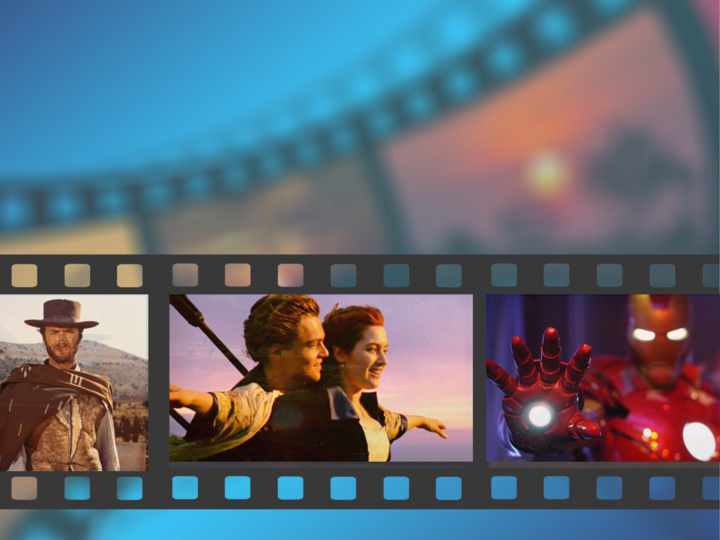
189H
Psychology of Music
Professor Robert Woody
TR 2:00-3:15 | Knoll
TR 3:30-4:45 | Knoll
ACE 7
Throughout time, human beings have been fascinated with music. Research in the psychology of music has uncovered much regarding how musicians acquire the ability to convey emotional intentions as sounded music, how listeners perceive it as feelings and moods, and how this powerful process relates to social and cultural dynamics. This course addresses these broad themes, giving specific attention to topics such as: development and learning, motivation, expressivity and artistic interpretation, creativity, performance anxiety, listener preferences and emotional response, and the roles of music in society.

189H
Taking the Globe Global: Perspectives on Shakespeare from Around the World
Professor Noelle Domique Rodriguez
TR 12:30 - 1:45 | Temple
TR 2:00-3:15 | Temple
ACE 7 and ACE 9
In this course, we will read and analyze the text of Shakespeare and examine how Shakespeare's plays are adapted into performances around the world. We will explore global approaches to the Comedies and Tragedies through multiple mediums (including theatre and film), time periods, and cultural lenses. We will investigate how and why the language, characters, and stories in Shakespeare transcend generational and geographic divides, and how the continued translation and transformation of Shakespeare impacts the formation and expression of cultural identities around the globe.
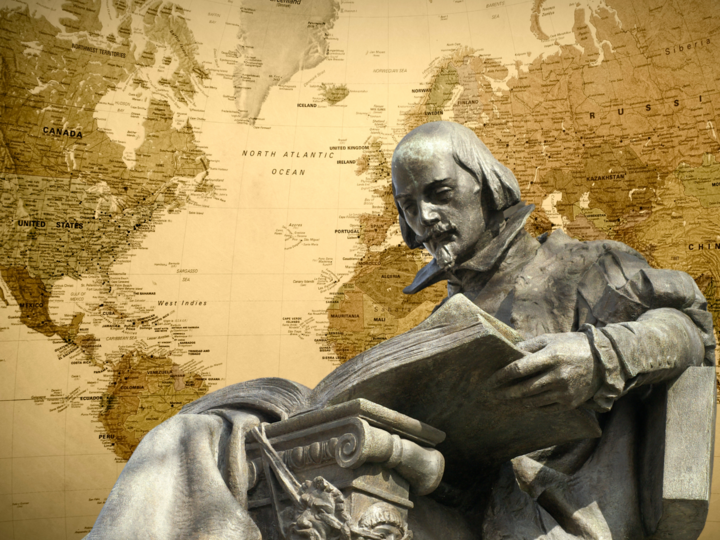
ACE 8: Ethics
189H
The Art of Persuasion: Ethics in a Digital Age
Professor Nancy Mitchell
TR 9:30-10:45 | Knoll
ACE 8
All communication is persuasive in some way, so how do we sort through what others tell us to find the truth and how do we act as ethical communicators ourselves, both personally and professionally? This course will familiarize you with a variety of ethical issues in advertising and public relations and examine their impact on contemporary society. You will develop your ability to think critically about communicating messages and examine the role of persuasion. You’ll learn about various ethical perspectives and pick up some tools that can be applied no matter what your major, such as reframing arguments and considering their impact on your audience and society. Even though the topics will be studied through the lens of marketing communications, these skills and abilities transcend disciplines as we are all creators and consumers of information. You will have the opportunity to apply what you learn to issues that interest you.
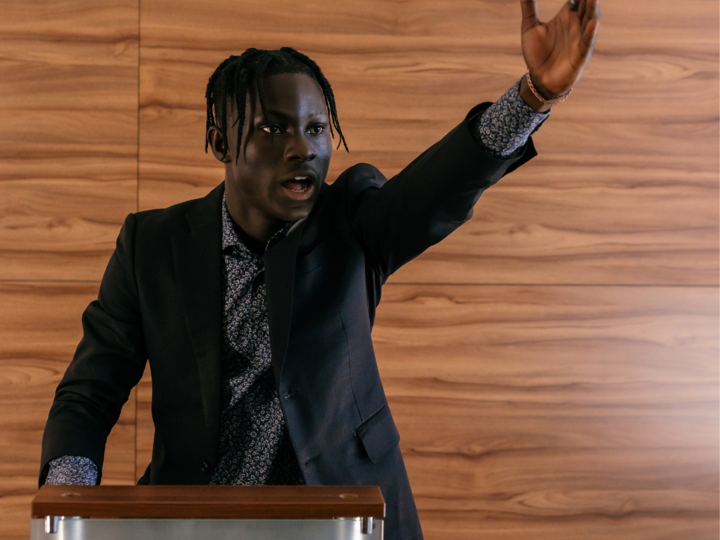
189H
Cheaters, Billionaires and Mega Media: American Sports in the 21st Century
Professor John Shrader
TR 9:30-10:45 | Knoll
ACE 8
The former Chief Justice of the United States Earl Warren famously said, “I always turn to the (newspaper’s) sports pages first, which records people’s accomplishments. The front page has nothing but man’s failures.” In the subsequent six decades, sport has moved closer and closer to the front pages. Collectively, sports would be considered among the biggest industries in America, and with it are the inherent issues and ethical considerations we examine in this course.
Sport is one of the few places in our society you will find the confluence of economics, class, gender, race, and identity. To study sport is to take a close examination of who we as Americans, and as citizens of the world. In this course we will examine the issues and ethics of a variety of institutions, including college and professional sports, the media, the sports business, and what role fans play in these dynamics.

189H
Containing the Fire: Ethics, Public Relations, and Crisis Communication
Professor Frauke Hatchman
MW 3:30-4:45 | Andersen
ACE 8
This course examines how brands and organizations respond to crisis situations by anticipating, preventing, and mitigating crises through communication. Not only do organizations protect themselves during crisis moments, they also have an ethical obligation to help consumers cope with a variety of threats. We will study professional ethical principles and apply them to a variety of crisis situations. You will investigate how organizations communicate before, during, and after crises, and the ethical decisions that need to be made at each stage based on the situation the organization finds itself in. We will also discuss the unique challenges posed by different types of crises, including the COVID-19 pandemic, which was complicated by economic pressures, social unrest, and political polarization. You will learn how to think like a professional communicator and develop hands-on skills including media relations, critical thinking, messaging, and brand management.

189H
Ethical Considerations in Sports, Athletics, and Professional Competitions
Professor Curt Tomasevicz
TR 3:30-4:45 | Knoll
ACE 8
This transdisciplinary course explores the gray area that exist within sports, athletics, and all competitions such as the code of unwritten rules, NIL implications, performance enhancing drugs, the role of politics, biased officiating, and others. The generated conversations about ethics in competition of all disciplines can then be applied to a variety of settings where working professionals are routinely faced with ethical and moral dilemmas.

189H
From Zika to Flint, Michigan: Public Health and Environmental Justice
Professor Christine Haney Douglass
TR 11:00-12:15 | Knoll
ACE 8
As the global population grows, and our world becomes increasingly interconnected via processes of globalization, our social and natural worlds are becoming further interwoven. International travel creates a pathway for previously limited outbreaks of disease to spread. The internet creates a pathway for the illumination of once hidden social and ecological crimes. This course will explore contemporary public and environmental health case studies from around the world through the lens of environmental justice. Environmental justice involves the fair and equal treatment and involvement of all people in efforts to care for and access environmental resources. We will investigate current cases of environmental concern in urban areas, remote indigenous communities, local and international law, and the development of local and international public health practices and collaborative efforts.
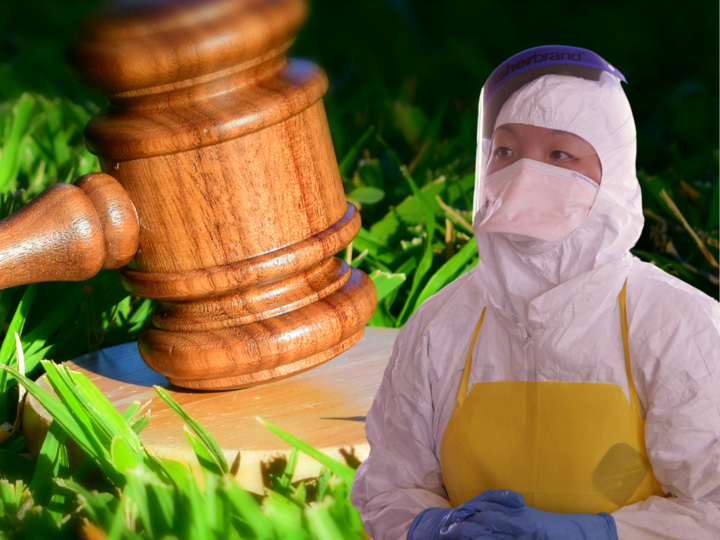
ACE 9: Global Awareness/Human Diversity
189H
Gender, Sex, and Race on Trial: Famous Legal Cases on Film
Professor Joann Ross
MWF 1:30-2:20 | Knoll
ACE 9
In this class, we will learn about notable American trials where sex, gender, race/ethnicity, or disability of a primary character is integral to the legal action. We will then critically evaluate Hollywood’s rendition of those legal events. During the course of the semester, we will learn about legal aspects of trials that that hinge upon complex issues of social identity and what their big screen adaptations reveal about American attitudes towards the legal issues at the heart of these court battles.
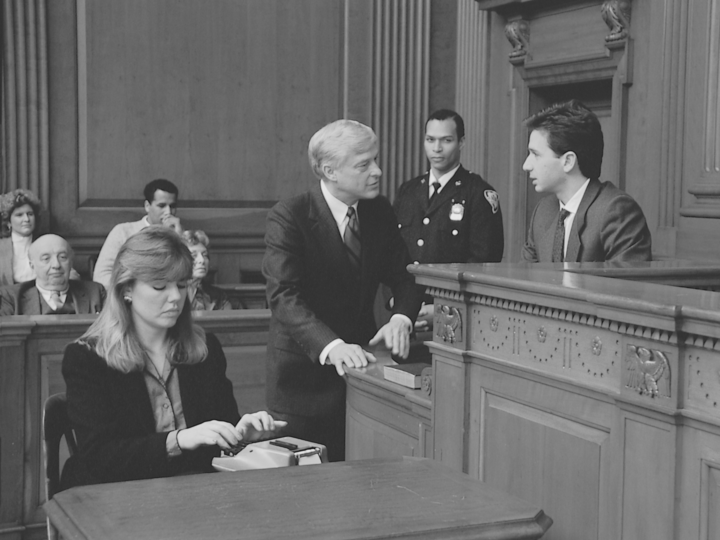
189H
The Great American City: Problems and Solutions in Urban Planning
Professor Jacob Schlange
TR 5:00-6:15pm | Knoll
ACE 9
Cities - and the planning decisions that help shape them - have often created just as many issues as they seek to solve. This course takes a historical perspective to exploring vital questions about modern American cities. We'll discuss the sources and effects of "wicked problems" such as the lingering effects of redlining and the ongoing phenomena of gentrification and hostile design. Most importantly, we will explore how planning and urban policy can offer a better way forward for the future.

189H
Imagining Diverse Futures: Gender and Sexuality in Science Fiction
Professor Ava Winter
TR 11:00-12:15 | Andrews
ACE 9
This course will delve into a vibrant selection of science fiction, examining how speculative narratives challenge and redefine gender, sexuality, power, and identity. Through novels, short stories, films, and critical essays, we will explore how science fiction serves as a platform for imagining diverse futures and critiquing present social structures. We will read works by authors such as Octavia E. Butler, Ursula K. Le Guin, and Samuel R. Delaney, and Carmen Maria Machado, which will take us on an intergalactic journey through wildly different visions of the future. Through our examination of these works, students will learn feminist and queer ways of thinking and reading with the potential to transform our understanding of the world we live in.

189H
Protecting Our Planet: Anthropology and Conservation
Professor Tim Sefczek
TR 9:30-10:45 | Oldfather
ACE 9
For this course we will explore various facets of conservation, from real-world dilemmas to theoretical paradigms in approaching conservation. Each week we will discuss different facets of conservation including: historical approaches at home and abroad, ethical considerations of conservation work, the anthropological approach, using biodiversity hotspots, the role of NGOs and field stations, ecotourism positives and negatives, the good and bad of COVID on conservation, conservation genetics and habitat restoration. Each week we will have a lecture, 2-3 readings from peer-reviewed sources, and a discussion on the focal topic. Weekly reflections on the conservation topic will be used to assess comprehension of course topics. The final project will be an 8-10 minute presentation on a conservation approach, program, or issue of your choosing.
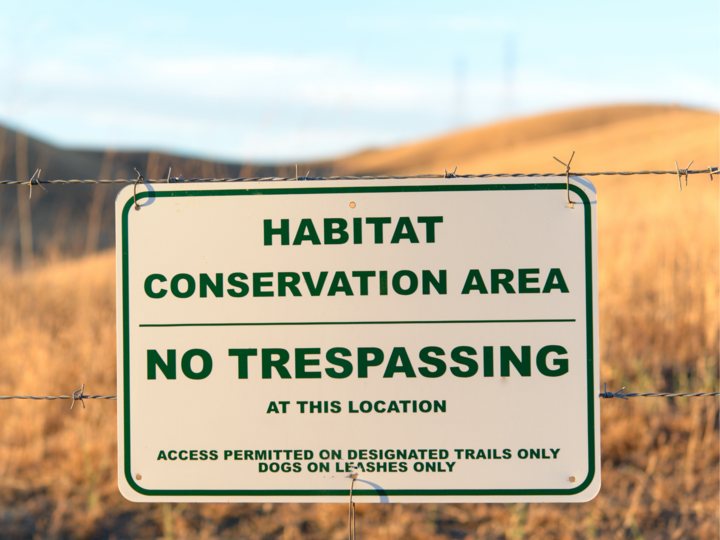
189H
Taking the Globe Global: Perspectives on Shakespeare from Around the World
Professor Noelle Domique Rodriguez
TR 12:30-1:45 | Temple
TR 2:00-3:15 | Temple
ACE 9 and ACE 7
In this course, we will read and analyze the text of Shakespeare and examine how Shakespeare's plays are adapted into performances around the world. We will explore global approaches to the Comedies and Tragedies through multiple mediums (including theatre and film), time periods, and cultural lenses. We will investigate how and why the language, characters, and stories in Shakespeare transcend generational and geographic divides, and how the continued translation and transformation of Shakespeare impacts the formation and expression of cultural identities around the globe.

189H
Wonder Women on Screen: America's Female Action Heroes
Professor Tamy Burnett
MWF 2:30-3:20 | Knoll
ACE 9
In 2017, the film Wonder Woman offered viewers a refreshingly 21st-century, socially conscious, and feminist conceptualization of what a female action hero could be. For years, movie studios have resisted female-led—never mind female-directed—blockbuster action films. This attitude and absence of many competitors suggest that Wonder Woman stands alone in our popular imagination. In truth, the film’s success is a culmination of a long and fascinating history of female action heroes in American culture. In this class we will explore that history of female action heroes in 20th and 21st century American popular culture, primarily in film and television, but also in other media. We will examine these figures in the comparison to their male counterparts and traditional heroic archetypes, and consider female action heroes within the context of the evolution of feminism(s) and changing attitudes about women’s strength, abilities, and roles in society.
